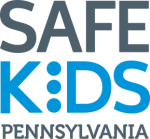
Sports & Play SAFETY
Boating Safety
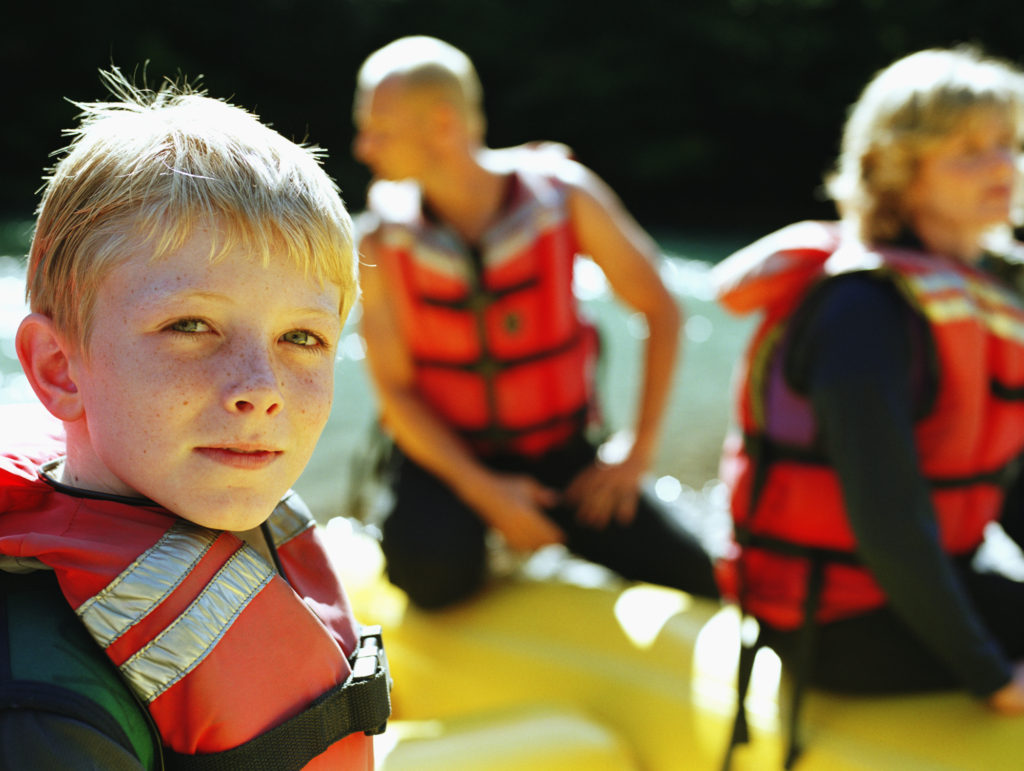 During the warm weather months, families across the country may be spending more time enjoying lakes, ponds, rivers and ocean beaches. Being aware of the risks those open waters pose, and taking extra precautions, can keep those outings fun and prevent the tragedy of a drowning. With almost 100 different kinds of boats – from kayaks to canoes to motorboats – there are lots of fun options to choose from. So here are some simple safety tips for the entire family.
During the warm weather months, families across the country may be spending more time enjoying lakes, ponds, rivers and ocean beaches. Being aware of the risks those open waters pose, and taking extra precautions, can keep those outings fun and prevent the tragedy of a drowning. With almost 100 different kinds of boats – from kayaks to canoes to motorboats – there are lots of fun options to choose from. So here are some simple safety tips for the entire family.
Safety Tips
- Always supervise children without any distractions when around water or boats. This means no phone calls or texting or scrolling social media, no stepping away for ‘just a minute’ -it is not worth the risk!
- Always wear a life jacket, or personal flotation device (PFD), and require others to wear one too while on boats, around open bodies of water or when participating in water sports.
- Make sure the PFD is approved by the US Coast Guard.
- Make sure the life jacket is appropriate for a person’s weight and water activity. Children will need life jackets made for them, not adult lifejackets.
- Make sure the life jacket fits snugly and is not too large or too small.
- According to the U.S. Coast Guard’s Office of Boating Safety, babies should not travel on a boat – including rowboats, kayaks, motorboats, and sailboats – until they are at the appropriate weight to wear an approved PFD.
- Keep little children warm, as infants and young kids are at a higher risk for hypothermia. Keep dry blankets or towels nearby, and use them if the children seem cold or are shivering.
- Do not rely on swimming aids like water wings or noodles, as they are just toys and should never replace an approved PFD.
- Enroll children in swimming lessons and teach them the difference between open water and a pool.
- Be aware of situations that are unique to open water, such as limited visibility, depth, uneven surfaces, rip currents and undertow. These potential hazards can make swimming in open water more challenging than swimming in a pool.
- Enroll older children in a boating safety course -you could even take it with them!
- Get a vessel safety check every year for free from the United States Coast Guard Auxiliary or United States Power Squadrons.
- Do not consume alcohol while operating a boat, or have a “designated driver” for the boat (as well as supervising any children) who remains sober.
- Make sure there is a working carbon monoxide alarm on the boat, as it is possible for the engine to build up toxic fumes without your knowledge.
- Learn basic water rescue skills and CPR, just in case.
Learn More
How to Choose the Right Life Jacket
Properly Sizing Children’s Life Jackets (video and article)
Rip Current Information Page from the National Weather Service
Drowning Dangers for Kids: Open Water
Hidden Hazards: An Exploration of Open Water Drowning and Risks for Children -Research, 2018

